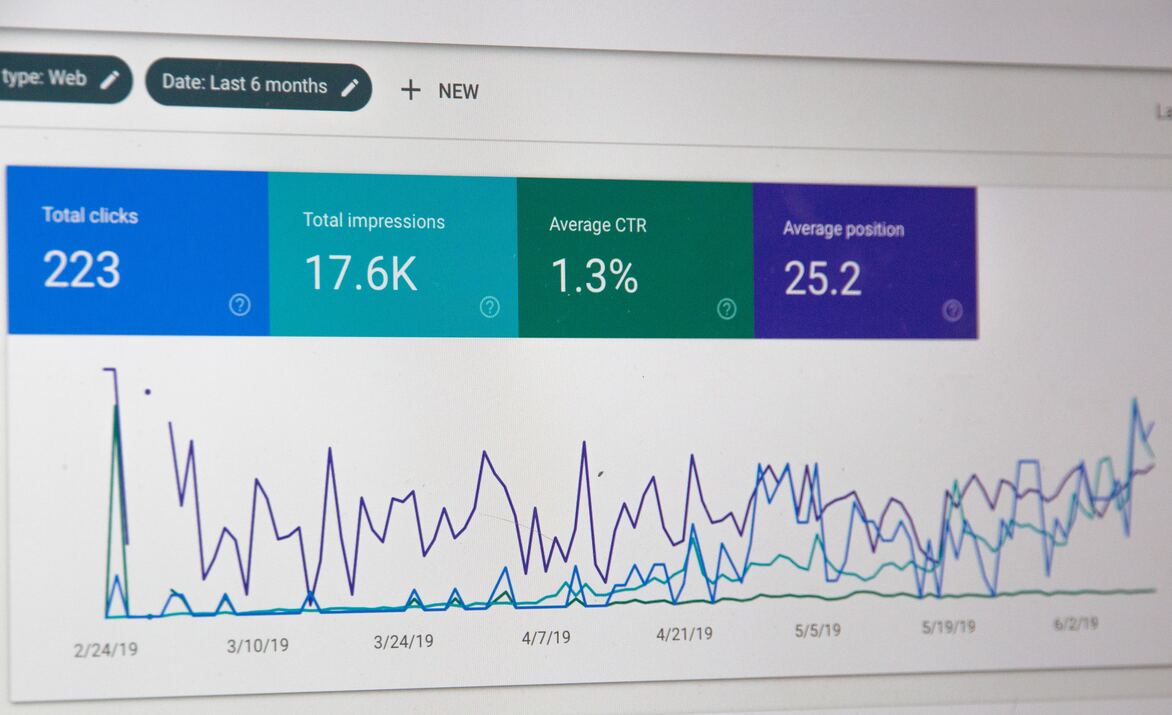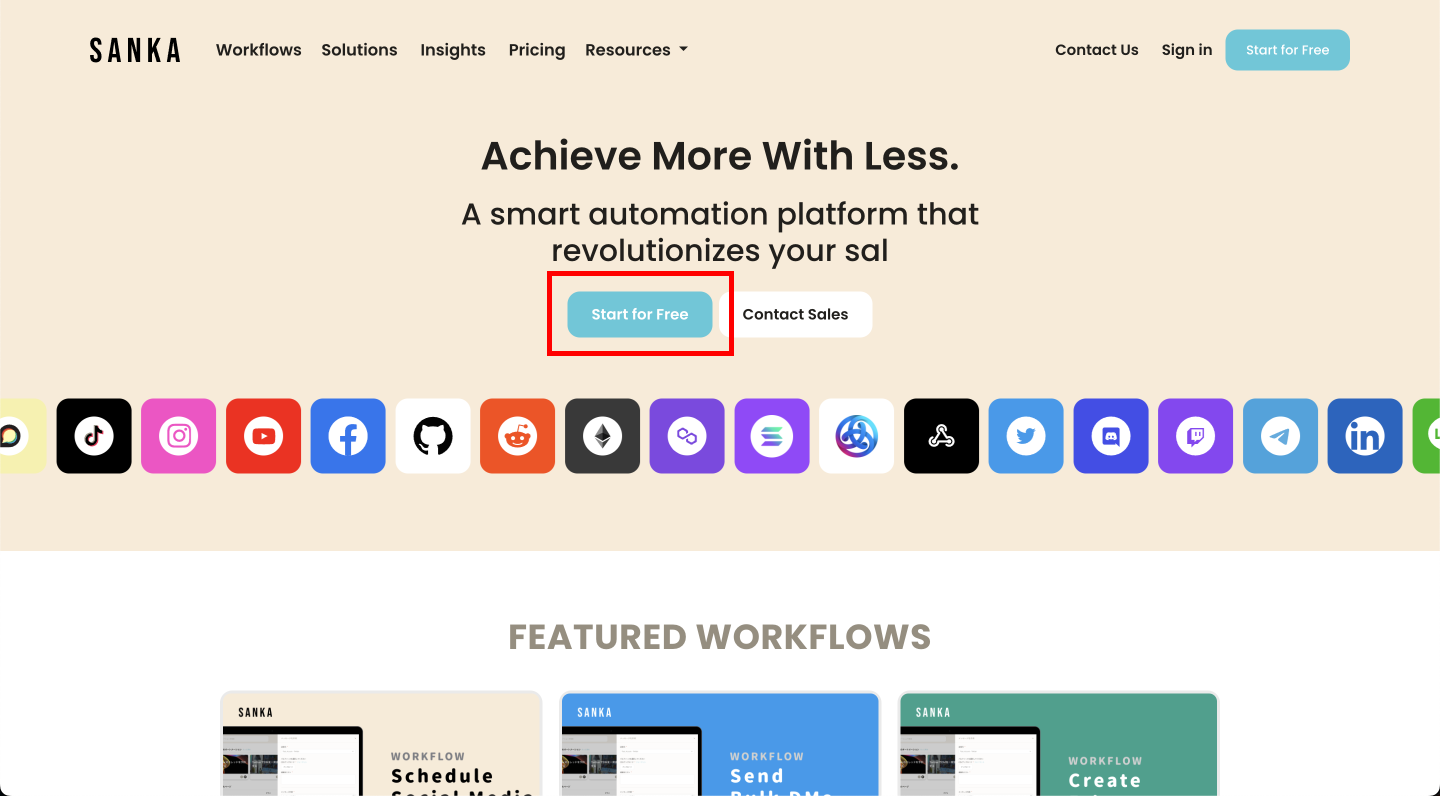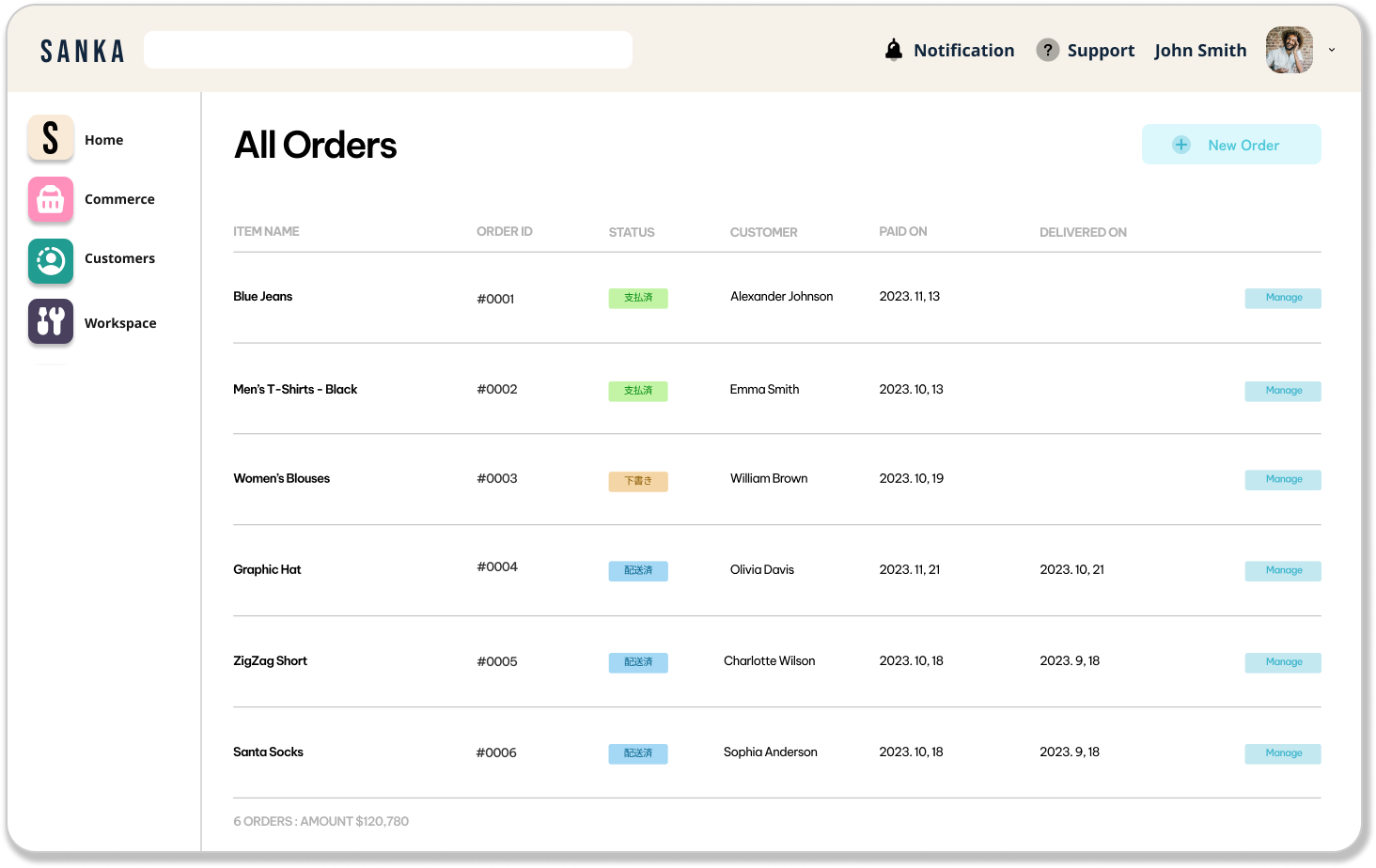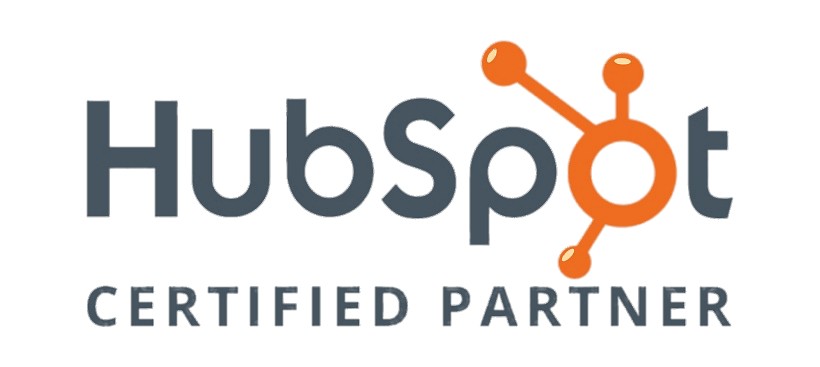What You Will Learn
The business landscape is undergoing a seismic shift through the integration of artificial intelligence (AI) into sales data analysis. AI-driven sales analytics tools are redefining how companies glean insights, make predictions, and leverage recommendations to enhance sales team performance.
Luckily Sanka has you covered with this article that will delve into the transformative impact of AI on sales reporting and analysis, uncovering the myriad ways it is reshaping the field.
Introduction

For years, sales reports have been an integral tool for sales leaders to assess both team and individual achievements. However, traditional sales reports offer a retrospective view, shedding light only on past occurrences.
With the advent of AI, sales reporting is taking on a new dimension, infused with predictive capabilities that empower managers to anticipate future trends and proactively strategize.
Some predictions suggest that over 80% of analytics insights will be AI-powered by 2020 underscores the growing influence of AI in this domain.
Sanka

There are plenty of meaningful tools to help you on your journey of growing your social media, but Sanka combines all the best aspects of the other tools while providing you with automation that you can’t find on any other platform!
What Sanka Can Do
Task Automation, Engagement and Sales Reports
Feeling overwhelmed by the daily stream of repetitive tasks?
Sanka revolutionizes this aspect of your workday by automating repetitive tasks.
Rather than spending hours on activities that don't directly contribute to business growth, you have the chance to delegate this to Sanka's capable AI.
Greater Efficiency and Results
Effort and results aren't always directly proportional in business.
Sometimes, even enormous effort can yield minimal results due to the inefficient allocation of resources.
With Sanka, you can generate better results by getting tasks done in minutes, freeing up your time for higher-order strategies that will propel your business forward.
Streamlining Various Business Operations
Sanka's applications span across different industries and sectors, including sales, recruiting, service provision, IT, and finance.
By offering automation in these areas, Sanka provides a universal solution that could potentially be beneficial for entire teams or even organizations.
AI's Metamorphosis of Accurate Sales Forecasting

The most profound impact of AI on sales reporting is witnessed in the realm of forecasting. Conventional forecasting methods rely on extrapolating historical sales data, a linear approach with limitations.
In stark contrast, AI harnesses the power of machine learning algorithms to process an extensive array of variables that influence future sales, encompassing economic indicators, competitive strategies, marketing initiatives, product launches, and more.
By assimilating this wealth of information, AI constructs predictive models that outperform traditional methods, boasting a remarkable 30% improvement in accuracy.
This transformative leap enables managers to forecast sales figures, growth rates, customer lifetime values, and more with an unprecedented level of precision. This precision, in turn, facilitates meticulous goal-setting and budget allocation across the organization.
AI's Unveiling of Customer Insights

AI-driven analytics unlock a treasure trove of insights into customer behavior, based on attributes, historical actions, and interactions.
Utilizing machine learning, customer segments with shared traits indicating purchase intent can be identified, paving the way for tailored campaigns. Additionally, AI has the capability to identify "lookalike" customers who resemble an organization's most valuable clients.
These insights serve as the cornerstone for optimizing sales efforts, enabling sales teams to focus their energy on prospects with the highest conversion potential and maximize deal values.
The utility of AI-fueled analytics extends to calculating customer lifetime value, predicting churn risk, and devising effective retention strategies.
The seamless integration of customer analytics between marketing and sales teams further enhances strategic alignment.
AI's Role in Streamlining the Sales Process:
AI's influence extends to pinpointing inefficiencies and bottlenecks within existing sales processes, leveraging insights drawn from recorded interactions, CRM data, and outcomes.
Notably, natural language processing dissects sales calls, identifying strengths and weaknesses in pitches that either elevate or hamper closure rates.
Process mining algorithms scrutinize common sequences in sales activities and workflows, highlighting redundant steps. Armed with these insights, organizations can eliminate superfluous tasks, expedite deal cycles, and boost overall productivity.
AI-optimized sales processes ensure that resources are channeled towards value-added activities, fostering sustainable growth.
AI's Catalyst for Predictive Lead Scoring

AI empowers organizations with advanced machine learning algorithms that yield more accurate lead scores. Traditional lead scoring relies on assigning points based on a limited set of criteria, such as job titles and company size.
In contrast, AI-driven lead scoring processes thousands of data points from marketing automation platforms, CRM systems, and external sources to construct intricate lead profiles.
AI models subsequently rank and prioritize the most promising, sales-ready leads for immediate follow-up. The dynamic nature of AI lead scoring ensures continuous refinement as the system processes more data over time.
This translates to sales teams dedicating their efforts to leads that hold the greatest potential for driving growth.
AI's Evolution towards Prescriptive Guidance

The pinnacle of AI sales reporting is epitomized by the emergence of prescriptive guidance for sales representatives. Going beyond mere insights and alerts, AI-powered sales assistants provide tailored recommendations to salespeople, taking into account the unique dynamics of each customer scenario.
This assists in steering optimal actions throughout the sales journey, expediting deal closures.
For instance, AI can suggest the most suitable product options and bundles for a specific customer, propose optimal pricing strategies, and recommend content and messaging strategies that resonate with prospects.
By effectively automating aspects of the sales process, AI assistants significantly enhance sales productivity.
Conclusion
The adoption of AI technologies is empowering sales leaders to tap into a new realm of data, analyze it intelligently, and translate insights into improved sales performance.
Sales teams are now equipped to meet targets with pinpoint accuracy, leveraging the potential of predictive analytics, streamlined processes, customer insights, lead management, and AI-driven sales assistants.
As AI continues to advance, the landscape of sales reporting and analytics is poised to achieve new dimensions of intelligence and efficiency.
With AI's ongoing evolution, sales reporting will transcend its current capabilities, opening up vistas of unprecedented potential for businesses worldwide.







